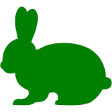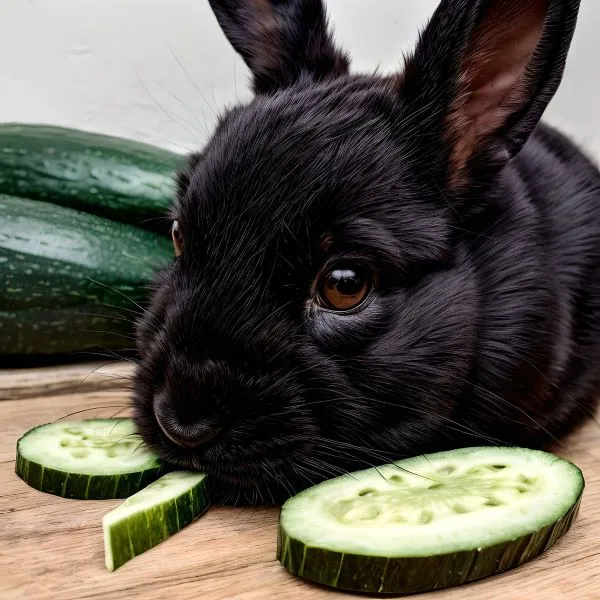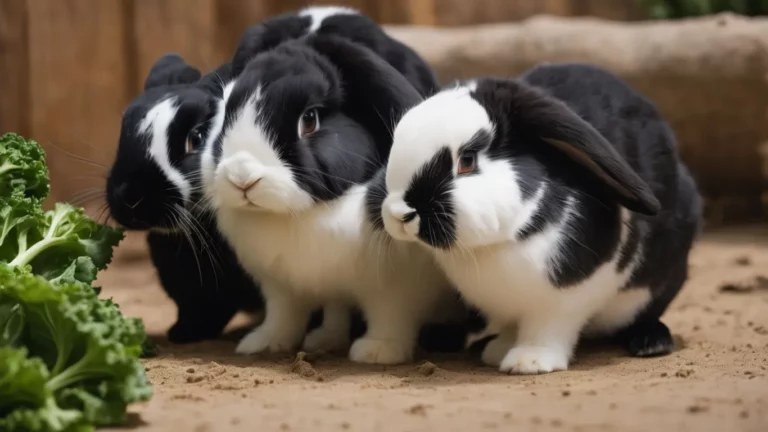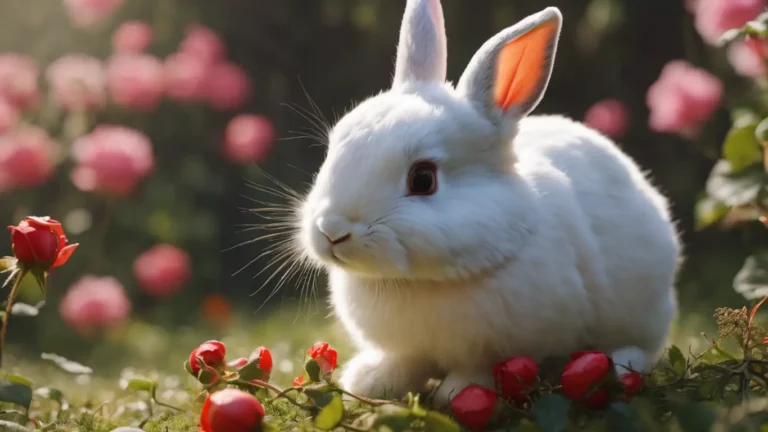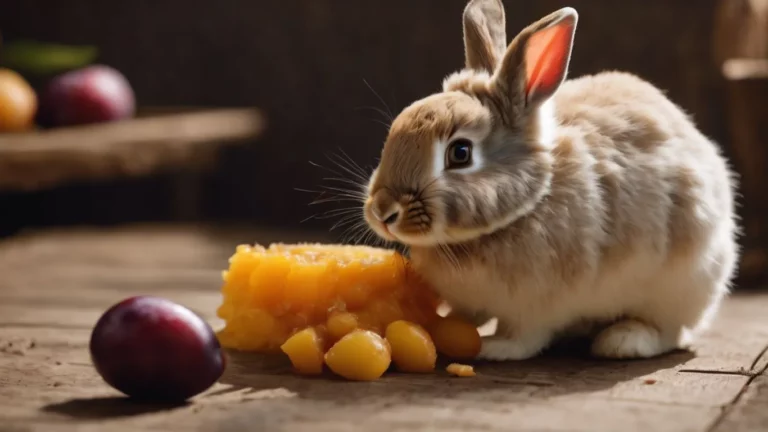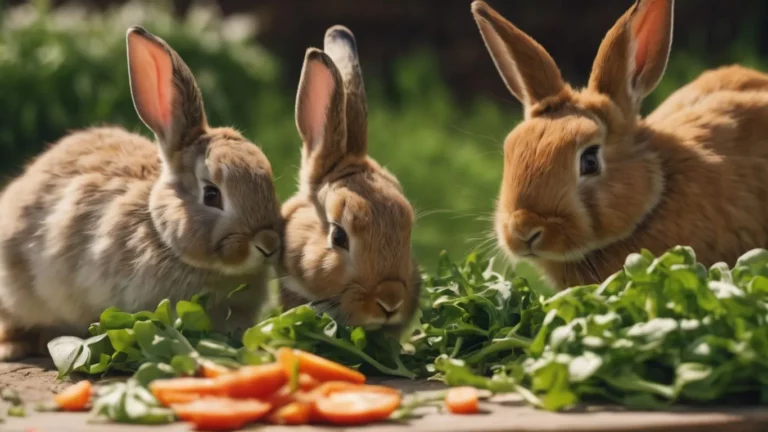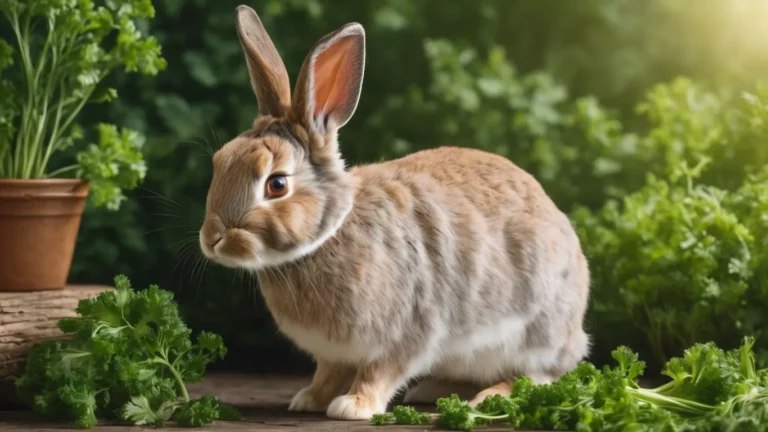Are Beets Safe for Rabbits to Eat? Exploring Rabbit Diet Options
Rabbits make wonderful pets, and their diets play a crucial role in their overall health and happiness. As a rabbit veterinarian, I often get asked about what rabbits can and cannot eat. One common question is whether rabbits can enjoy beets, beet leaves, stalks, or even beet pulp. we’ll explore the dietary suitability of these beet-related foods for our furry friends.
Are Beets Safe for Rabbits to Consume?
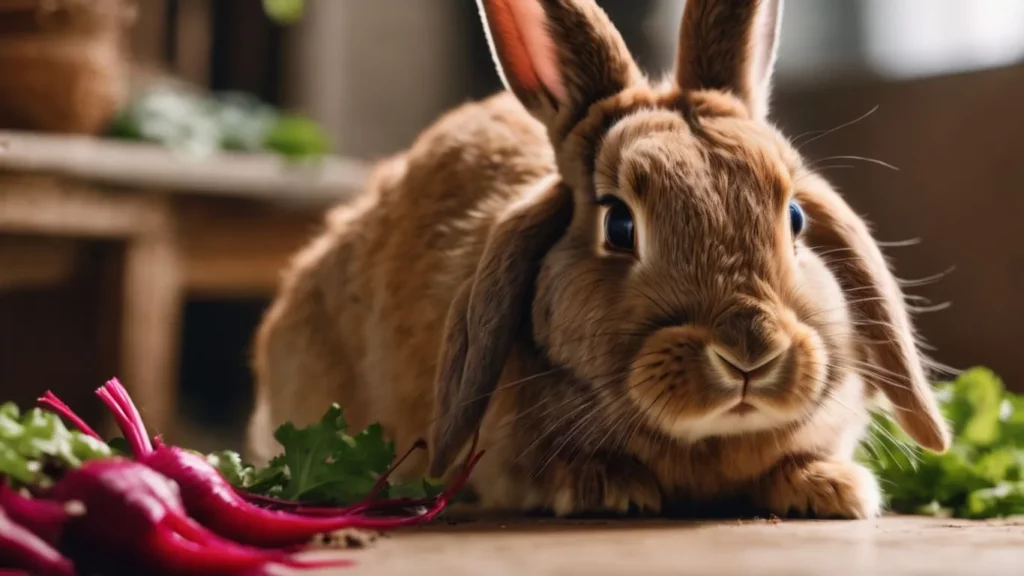
Yes, rabbits can indeed eat beets, but there are some important considerations to keep in mind. Beets are a root vegetable that comes in two main forms: beet greens (the leafy tops) and beetroot (the round, bulbous part). Both parts are edible for rabbits, but they should be offered in moderation and prepared correctly.
Nutritional value of raw beetroot
| Nutrient | Amount per 100g |
|---|---|
| Calories | 43 kcal |
| Water Content | 87% |
| Carbohydrates | 9.56 grams |
| Sugars | 6.76 grams |
| Dietary Fiber | 2.8 grams |
| Protein | 1.61 grams |
| Fat | 0.17 grams |
| Vitamin C | 4.9 mg |
| Folate (Vitamin B9) | 109 mcg |
| Vitamin B6 | 0.067 mg |
| Iron | 0.8 mg |
| Magnesium | 23 mg |
| Phosphorus | 40 mg |
| Potassium | 325 mg |
| Manganese | 0.33 mg |
Is Beetroot Safe for Rabbits?
Beetroot is safe for rabbits when fed in small amounts as an occasional treat. This vibrant vegetable is rich in essential nutrients like fiber, vitamins, and minerals, which can benefit your bunny’s health. However, due to its high sugar content, beetroot should be considered a high-sugar treat, and rabbits should only have it in limited quantities.
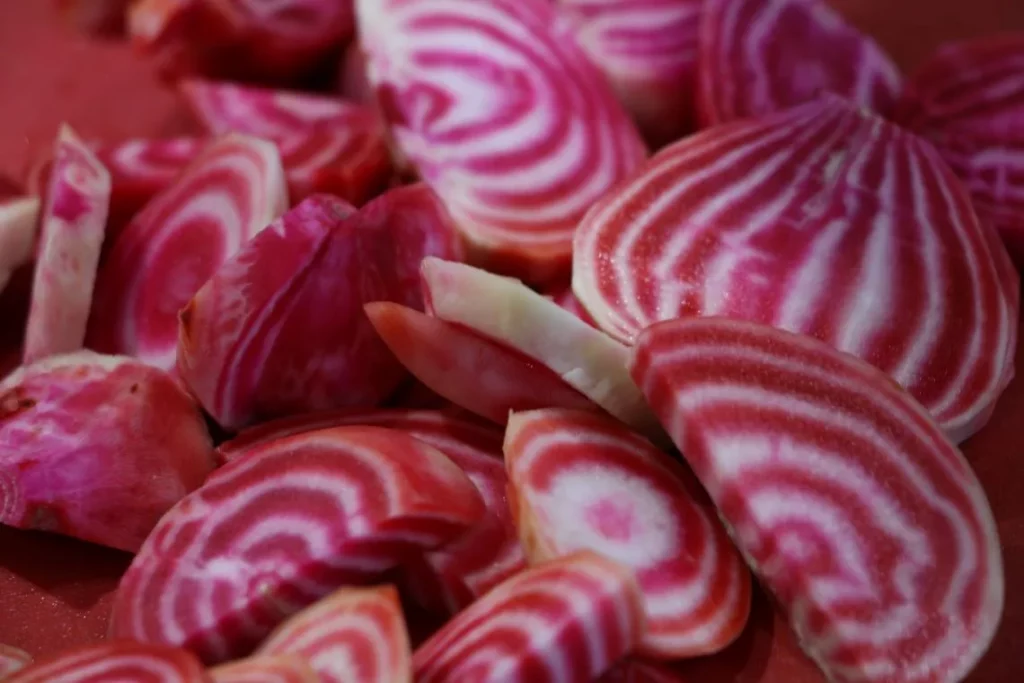
Feeding Tips
- Portion Control: When offering beetroot to your rabbit, ensure the portion is small. A small slice or a couple of thin strips once or twice a week is sufficient. Too much beetroot can upset their digestive system and lead to obesity.
- Freshness Matters: Always serve fresh, clean beetroot to your rabbit. Avoid feeding them any spoiled or rotten beetroot to prevent digestive issues.
- Variety is Key: Beets should be part of a diverse diet that includes a range of fresh vegetables and hay. This ensures that your rabbit gets all the nutrients they need.
- Remove Beet Greens: If you decide to feed beetroot, remove the greens before offering them to your rabbit. While beet greens are safe and nutritious for bunnies, they should be given separately as a leafy green treat.
Potential Risks and Precautions of Feeding Whole Beets to Rabbits
While rabbits can technically eat whole beets, it’s not the best idea. Whole beets are quite hard and can be challenging for rabbits to gnaw on, potentially causing dental problems or choking hazards. To make beets safe for your rabbit, it’s recommended to slice or grate them into smaller, more manageable pieces.
Nutritional Benefits and Risks: Feeding Beet Greens and Stalks to Rabbits
Beet leaves and stalks, also known as beet greens, are a healthier option for rabbits than the root itself. These leafy greens are packed with essential nutrients like fiber, vitamins A and K, and minerals such as calcium and iron, making them a great addition to your rabbit’s diet.
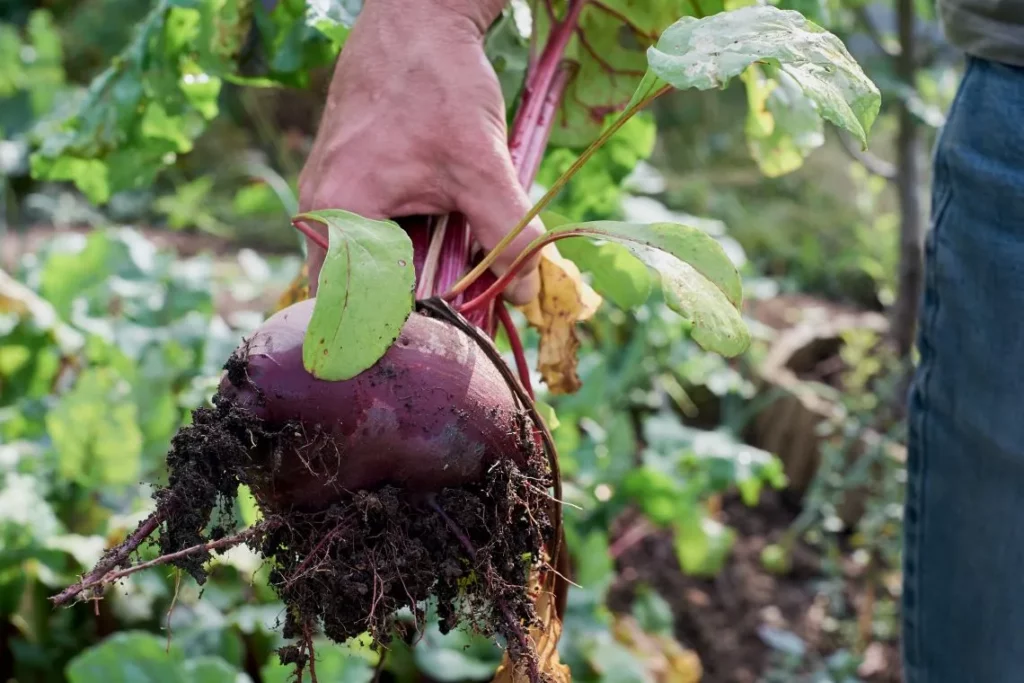
When offering beet leaves and stalks, be sure to rinse them thoroughly to remove any pesticides or residues. Serve them fresh and in moderation, alongside your rabbit’s regular hay, pellets, and fresh water. Remember to introduce new foods gradually to prevent digestive upset.
Best Practices for Introducing Beet Pulp
Beet pulp is a byproduct of sugar beet processing and is often used as livestock feed. While it’s not harmful to rabbits, it’s not the most suitable food for them. Beet pulp is relatively high in sugar and low in fiber, which can lead to digestive issues if consumed in large quantities.
If you have beet pulp available, it’s better to use it sparingly as an occasional treat. Always ensure that your rabbit’s main diet consists of high-quality hay, fresh water, and a small portion of pellets.
Conclusion
In summary, rabbits can enjoy beets, beet leaves, stalks, and even beet pulp to some extent. However, moderation is key when feeding beets due to their sugar content. Beet leaves and stalks are a healthier option and can be a nutritious addition to your rabbit’s diet when offered in small quantities. Always wash beet-related foods thoroughly, and pay close attention to your rabbit’s reactions to new foods to ensure they agree with their sensitive digestive systems.
Your rabbit’s diet should primarily consist of high-fiber hay, fresh water, and a small portion of rabbit pellets specially formulated for their nutritional needs. As a responsible rabbit owner, it’s essential to provide a well-balanced diet to keep your furry friend happy and healthy. If you have any concerns about your rabbit’s diet or health, consult with a veterinarian who specializes in small animals for personalized advice
